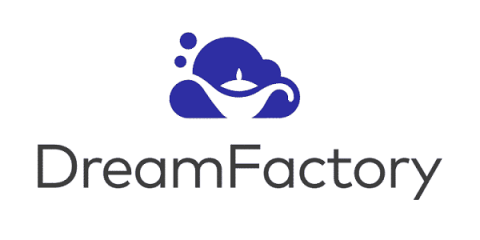Integrate Everything
Integrate everything with DreamFactory. From ERPs to Salesforce, DreamFactory creates and connects APIs through native connectors as well as a universal HTTP connector to become the most robust integration platform on the market.




